PARTNER

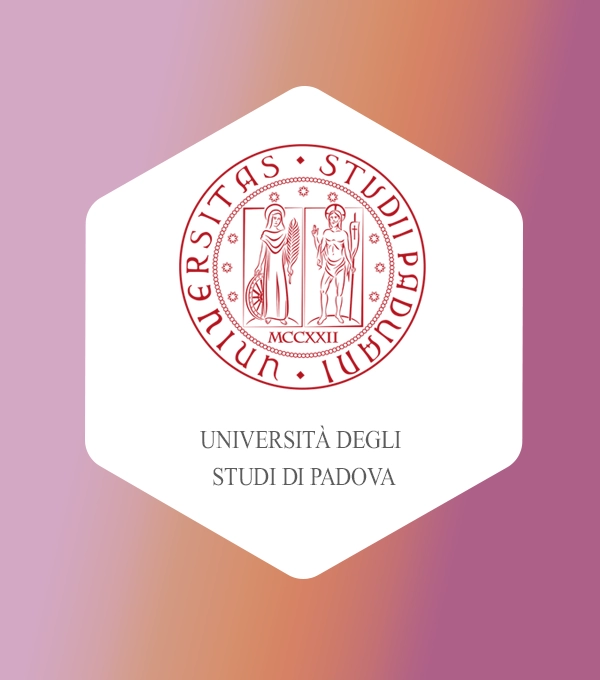
Università degli Studi di Padova
The Department of Biology of the University of Padua was established in October 1983 through the amalgamation of the Institutes of Animal Biology, Botany, and Anthropology, along with the Botanical Garden of Padua and the Marine Biology Station of Chioggia (Venice).
As the coordinator of the project, UNIDP ensures the project’s objectives align with the terms of the grant and Consortium Agreement (CA). It is tasked with enhancing the stratification of ACM patients, determining the contribution of variants of unknown significance, and developing and characterizing relevant preclinical models. Additionally, it bears responsibility for identifying potential ethical issues and resolving them. UNIPD also collaborates closely with the partners to assess anticipated ethical concerns and address those emerging during the project’s course.
Consorzio Italbiotec
The Italian leading no-profit organization in the biotechnology sector. It leads scientific development and virtuous knowledge transfer between the research community and industry to shaping a cutting-edge innovation ecosystem driven by biotechnology start-ups, companies, universities where cooperation and knowledge exchange trigger growth and sustainable innovation. Consorzio Italbiotec, thanks to its expertise, will be in charge of dissemination, communication, training and exploitation activities with the high-level aim of building and maintaining a robust and effective communication culture within the project. The strategy will also foster an informed community of stakeholders and multi-actors interested in and committed to the subject-matter of IMPACT and to contribute to optimal exploitation of its innovative results.
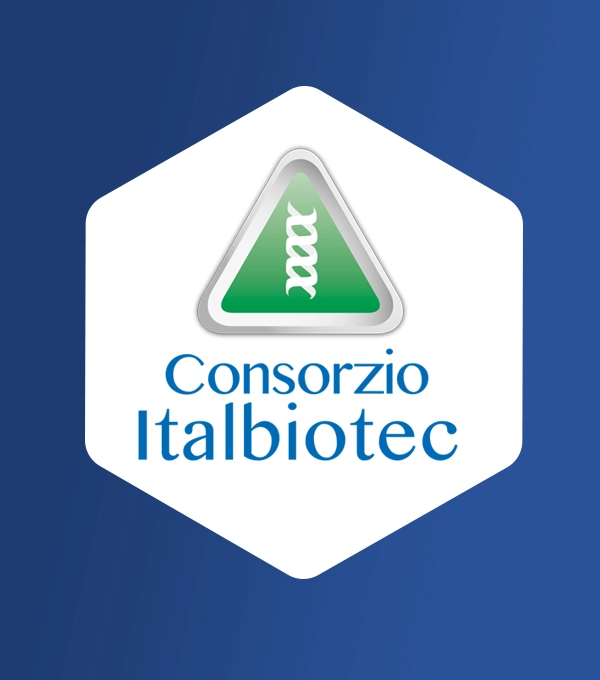
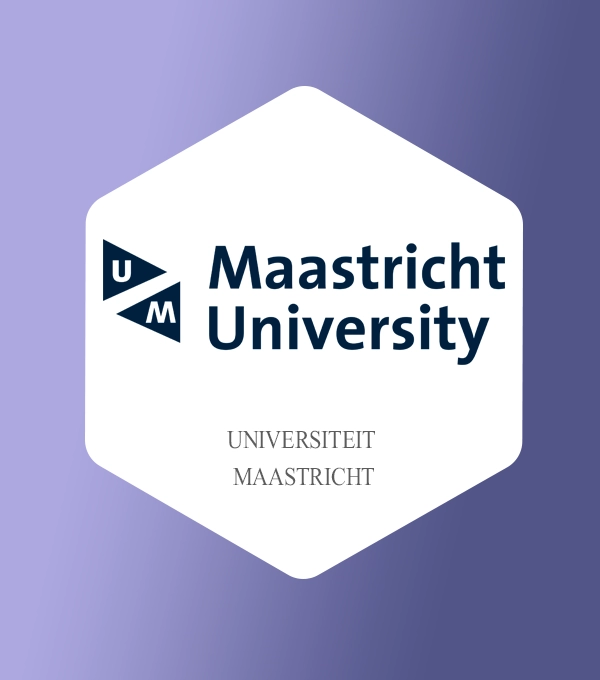
Maastricht University
The School for Cardiovascular Diseases (CARIM) in Maastricht University is a worldwide reference center for the study of gene regulatory mechanisms in the control of genetic and acquired forms of heart failure. In vivo and human in vitro models are routinely used to study human cardiac diseases by applying molecular and cell biological approaches, as well as high throughput genetic screening facilities, transgene/gene knock-out technology, cardiac phenotyping, and imaging techniques. Since several years, by providing a complete and global landmark for the profiling of microRNAs in heart failure, this Institution is considered a leader in the cardiac epigenetic field worldwide.
KSILINK
KSILINK is a pioneer in patient-based drug discovery. It designs and applies unique patient-based cellular assays for large-scale phenotyping screens, leaning on the power of AI-driven image analysis. Integrated from bed to bench and back to bed, it aims to generate most efficient first-in-class therapeutic molecules for next generation medicine.
Within IMPACT, KSILINK’s expertise will contribute to the characterization of relevant preclinical ACM models based on human pluripotent stem cells such as cardiac microtissues enabling mechanistic studies to better understand the molecular and cellular disease pathology. KSILINK will be also instrumental in the development of a pre-clinical platform for target and compound validation, based on its advanced high content phenotypic technologies and chemogenomic screening abilities using bioactive compounds and FDA-approved drugs to support target discovery and credentialing, drug discovery and potential repurposing opportunities.
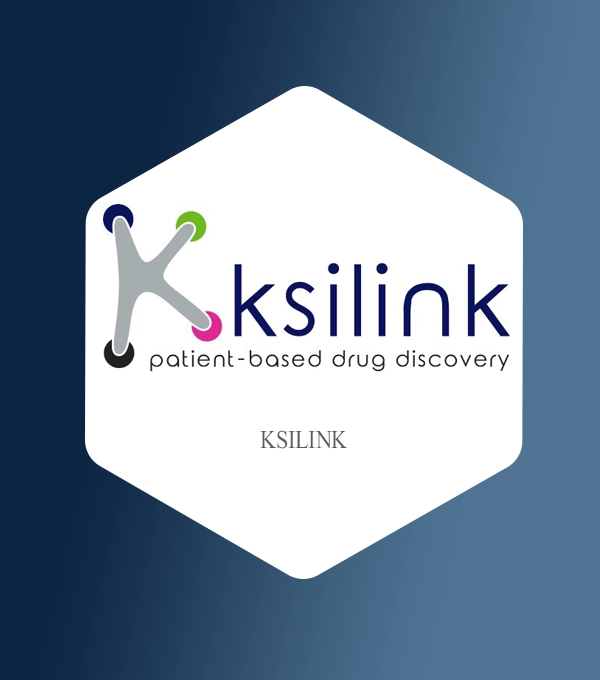
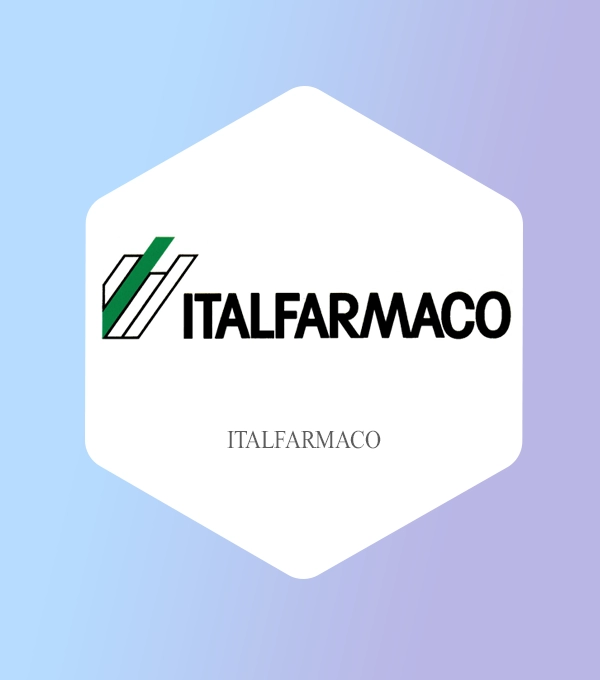
Italfarmaco Spa (ITF)
Italfarmaco SpA is a privately owned Italian multinational company headquartered in Milan. It operates in Italy and abroad in the pharmaceutical and chemical-pharmaceutical sectors through companies in which it has a direct or indirect interest. Italfarmaco was founded in 1938. The Group has modern industrial facilities for the production of high quality pharmaceutical products and has a strong commitment to research, particularly in the cardiovascular, immunological and oncological fields.
Within IMPACT, ITF will be responsible for drug development and drug screening assays and will work to identify novel drug-like chemotypes with the desired profile.
UMC Utrecht
University Medical Center Utrecht (UMC Utrecht) is a nationally and internationally
recognized expertise center for inherited heart diseases. It hosts a large biobank of
blood and tissue (biopsy, autopsy, transplantation) of cardiomyopathy patients. UMC
Utrecht serves as a national referral center for patients with arrhythmic
cardiomyopathy (ACM) and coordinates a national registry of ACM patients (the
Netherlands ACM Registry) that currently includes >2000 ACM patients and
relatives.
Within IMPACT, UMC Utrecht will bring in data from patients included in the ACM
registry to identify clusters of patients using artificial intelligence. The identified
clusters will be validated between modalities (ECG, cardiac imaging, biosamples). In
addition, UMC Utrecht will perform advanced -omics studies on ACM tissue samples,
including single nucleus transcriptomics, in situ capturing, RNA sequencing and
proteomics. These results will subsequently feed into other work packages to identify
possible drug targets.
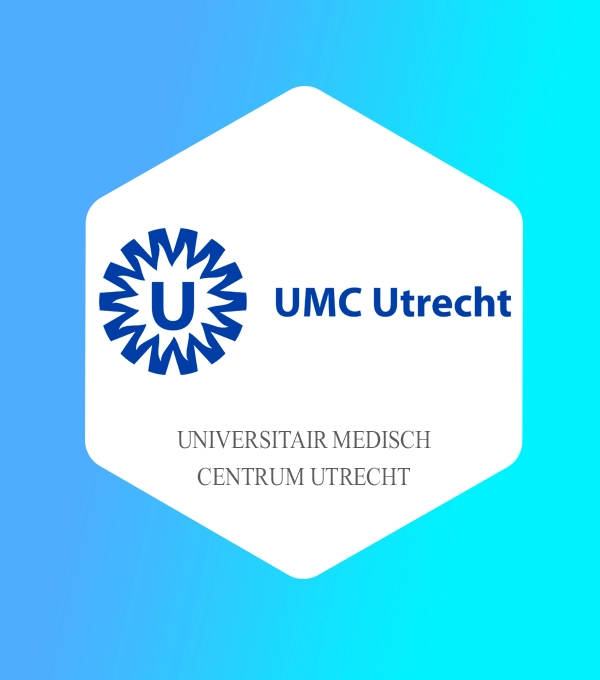

Lutech Advanced Solutions SPA (LUTECH)
Lutech Advanced Solutions stands out as a premier technology solutions provider, renowned for its innovative and advanced IT services. With a dedicated emphasis on cutting-edge solutions, the company provides a broad spectrum of services, ranging from digital transformation and cybersecurity to cloud computing and data analytics. Within the IMPACT project, Lutech is committed to enhancing the phenotyping and clinical utility of preclinical models. The aim is to elevate the predictability of therapeutic approaches in clinical studies and disease management. Additionally, Lutech is actively involved in the development and characterization of robust preclinical models, contributing to the overall advancement of research methodologies and outcomes.

Credits: Data Symposium


